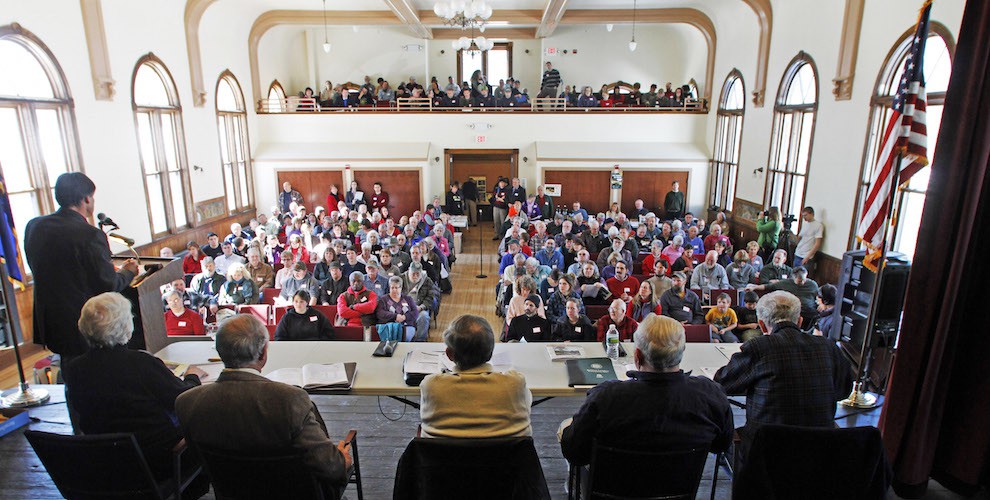Updated July 5, 2025: The new legislation signed by President Donald Trump (“the Big Beautiful Bill”) approves the Universal Charitable Deduction beginning in 2026.
The Universal Charitable Deduction was first enacted more than five years ago. In response to the economic challenges caused by the COVID-19 pandemic, the Coronavirus Aid, Relief, and Economic Security (CARES) Act, approved in March 2020, included several provisions aimed at bolstering the economy and supporting nonprofit organizations. Among these provisions was the introduction of a Universal Charitable Deduction, aimed at encouraging charitable contributions from taxpayers across all income levels.
The Universal Charitable Deduction was an innovative tax incentive allowing taxpayers who did not itemize their deductions—typically referred to as "standard deduction filers"—to claim a deduction for a portion of their charitable contributions. Prior to the CARES Act, only taxpayers who itemized their deductions could deduct charitable contributions, which amounted to a smaller percentage of the population following the 2017 Tax Cuts and Jobs Act (TCJA). The TCJA effectively doubled the standard deduction, leading to a significant drop in the number of taxpayers who itemized.
The Universal Charitable Deduction aimed to address this gap and incentivize charitable giving by making it more accessible to taxpayers who take the standard deduction. Under the CARES Act, the Universal Charitable Deduction allowed non-itemizing taxpayers to deduct up to $300 in cash contributions made to qualifying charitable organizations in 2020. This deduction was available per tax return, meaning single filers and married couples filing jointly could claim the same $300 cap. In 2021, the limit was increased to $600 for married couples filing jointly.
To qualify, donations had to be made to organizations classified as tax-exempt under Section 501(c)(3) of the Internal Revenue Code. Contributions to donor-advised funds, supporting organizations or private foundations were excluded from this deduction. Importantly, the contributions also had to be in cash—non-cash donations, such as clothing or household items, were not eligible.
The provision led to a significant increase in charitable giving. In 2020, 42.2 million taxpayers (29.4% of all individual tax returns) used the Universal Charitable Deduction, making total contributions of $10.9 billion. Nearly a quarter of these donors had adjusted gross incomes below $30,000. In 2021, more than 47 million households used the tax incentive, contributing around $18 billion to nonprofits.
The “One Big Beautiful Bill Act”, signed by President Trump, restores the Universal Charitable Deduction starting in 2026. The final version of the bill is far more generous than the provision passed in 2020. Under the new UCD, the deduction is a maximum of $1,000 per year for individuals, and $2,000 per year for married couples filing jointly.
From what we can read about the proposed legislation, the same limitations that were present in the CARES Act also apply to the new deduction. It must be in cash, and it cannot be gifts going to donor advised funds, supporting organizations or private foundations.
But for community foundations, these new provisions could be good news indeed, for a donor could make a gift to other types of funds such as your unrestricted endowment, designated funds, scholarship funds or community project funds.
